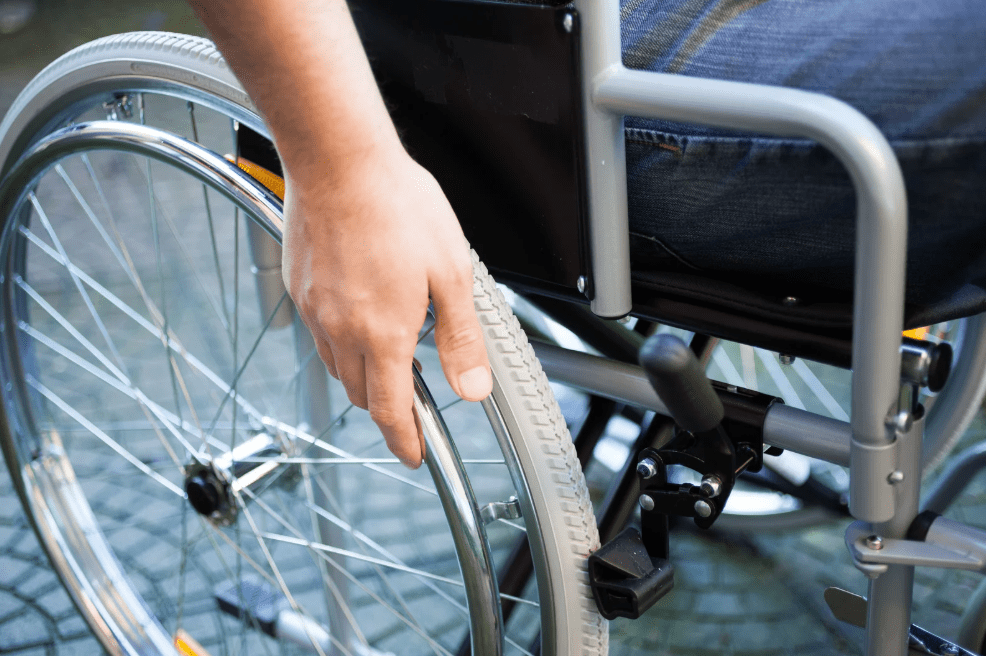Table Of Contents
New research provides some interesting insight into the relationship between alcohol use and PTSD. The research shows that 52% of men and 28% of women with PTSD also abuse alcohol. I was not particularly surprised to see this statistic. Over the years I have come across many cases where veterans have used alcohol as a way of “self-medicating.” This basically means they use alcohol as a way of coping with PTSD symptoms (for example, drinking to help calm nerves and get to sleep at night). I have seen this particularly amongst Vietnam-era veterans who came home and did not receive any support at all for their psychological trauma (to the contrary, many of those Vietnam veterans were treated very poorly when they returned home).
Does the VA Pay Disability Benefits for Alcoholism?
Generally speaking, VA will not pay disability benefits to veterans who claim that their alcoholism is directly connected to military service. This means that, if a veteran developed a drinking problem that began during service, he cannot be service connected for it. However, VA may be willing to recognize claims for alcohol abuse issues that are secondary to a service connected condition. Therefore, a veteran could theoretically be service connected for alcoholism that is secondary to PTSD, if PTSD is a service connected condition. It seems somewhat unlikely that a veteran with PTSD would see a separate disability rating for alcoholism as symptoms are likely to overlap greatly with PTSD symptoms and the VA would probably rate the conditions as one (“PTSD with alcohol abuse disorder”). Keep in mind, however, there if alcohol abuse is a service-connected disability, and the veteran develops conditions secondary to his alcohol abuse such as cirrhosis, the veteran may be able to receive a separate compensation rating for cirrhosis.
Are You or a Loved One Suffering from PTSD and Need Help?
We encourage you to seek assistance or treatment if you or a loved one is self-medicating because you’re dealing with post-traumatic stress disorder. You are by no means alone, and you deserve support. Particularly if a former military member suffering from PTSD is unable to work full time, he or she may also be eligible for veterans disability compensation. If you have questions about your eligibility, we welcome you to contact us for a free consultation. Many of the advocates at Veterans Help Group are veterans ourselves, and we have personal ties to what veterans go through when they are struggling to get their benefits.
For more information on rehabilitation facilities for veterans, visit the Northbound website which has additional resources listed.

How Long Does It Take for My VA Disability Rating to Become Permanent?
How Long Does It Take for My VA Disability Rating to Become Permanent? Securing your VA disability...

Celebrating 250 Years of the U.S. Army
Celebrating 250 Years of the U.S. Army If it feels like the U.S. Army has always been there,...

THE DIFFERENCE BETWEEN 100% FOR UNEMPLOYABILITY AND 100% DISABILITY RATING
THE DIFFERENCE BETWEEN 100% FOR UNEMPLOYABILITY AND 100% DISABILITY RATING In general, neither the...





